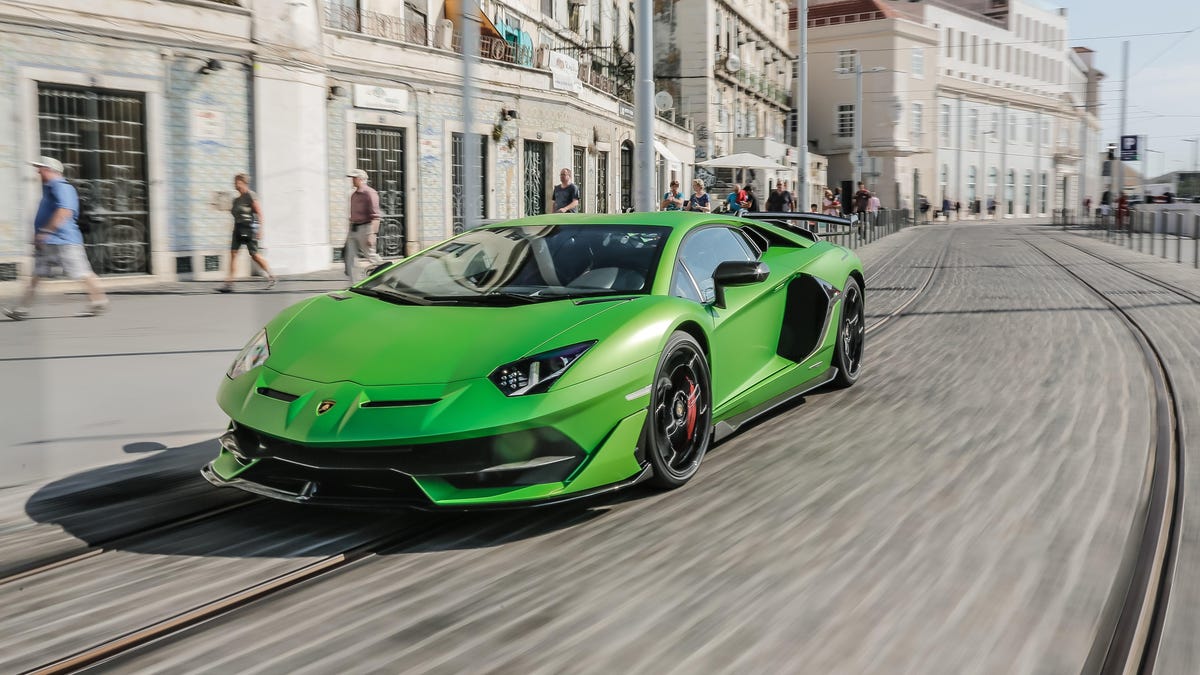Lamborghini Aiming To Build Combustion Cars After 2030

Image: Lamborghini
Lamborghini has positioned itself as a brand that pushes against the rest of the automobile industry’s direction. Lamborghini has produced cars synonymous with extravagantly styled bodywork and loud snarling engines that stand out even among other supercars.
Though, this year will be the last where the Italian manufacturer’s model range will solely consist of pure internal combustion vehicles as it begins to hybridize its models. Even as Lamborghini develops its first electric vehicle, the company has already hinted that it will try to avoid going all-electric and keep combustion engines in its cars as long as possible.
Recently, Lamborghini President and CEO Stephan Winkelmann told the German Sunday newspaper Welt am Sonntag, “After hybridization, we will wait to see whether it will be possible to offer vehicles with an internal combustion engine beyond 2030. One possibility would be to keep combustion engine vehicles alive via synthetic fuels.”
Lamborghini expects to have a completely plug-in hybrid lineup by the end of 2024. At that point, the supercar manufacturer will have a decade to explore its options before the European Union-wide ban on new internal combustion vehicle sales begins in 2035. Despite the ban, Germany has already made allowances for synthetically-fueled combustion cars to be sold in the country after 2035. It won’t be surprising if decision-makers in governments across Europe mimic the exception created by the German government.
Lamborghini would most likely offer a mixture of powertrain types across their models in the 2030s. The manufacturer is expected to start producing its first electric car during the second half of this decade. I’m glad that Lamborghini is looking to continue exciting the senses of supercar enthusiasts even as the company moves to produce more environmentally responsible models.
It will be interesting to see how synthetic fuel development and production as more and more automakers state their intentions to continue building internal combustion vehicles.







